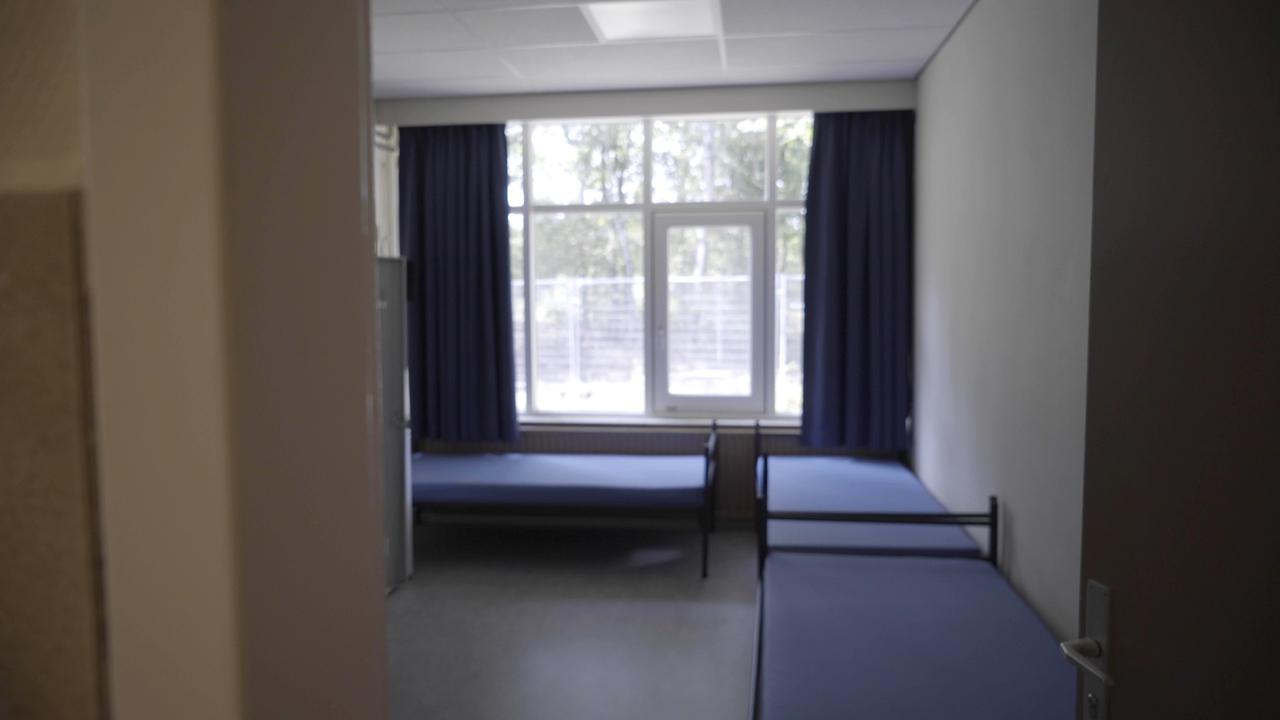Sober facilities for asylum seekers from safe countries
Video | 24-12-2020
In this video the very basic accommodation for asylum seekers from safe countries of origin. Asylum seekers who already have received an asylum permit in another EU Member State also receive this basic accommodation.

Media error: Format(s) not supported or source(s) not found
Download File: https://www.rovid.nl/jv/dv/2020/jv-dv-20201223-id08oag40-web-hd.mp4Asylum seekers from safe countries, such as Algeria or Morocco, have little chance of
obtaining an asylum permit in the Netherlands. The same applies to asylum seekers who have already obtained an asylum permit in another country of the European Union. However, according to international rules, their applications must still be processed. This group places a considerable burden on the organisations that deal with migration. In addition, the group contains a relatively large number of troublemakers. This does not benefit support for the asylum policy as a whole.
As a result, everything focuses on concluding the asylum procedure or departure procedure of this group as soon as possible. These asylum seekers tend to spend a relatively short time in the Netherlands. They are received separately from other asylum seekers, in reception centres with sober facilities.
People do not spend long in these sober places: the Immigration and Naturalisation Service speeds up their asylum application. The Repatriation and Departure Service also handles any departure procedure quickly.
Although the reception centres comply with international rules, the facilities are limited and guidance is focused on returning the asylum seekers to their country of origin.
No asylum seekers from vulnerable groups end up in these separate and sober reception centres. This includes families with minor children up to 16 years of age, single women and LGBTI+ asylum seekers (if known). They are accommodated at other locations and have the same sober facilities. The sober facilities do not apply to unaccompanied minor foreign nationals.
This is what the separate, sober reception centre looks like:
There is a fence around the reception centre. These images show a temporary fence.
The centre has a separate entrance with security.
There is a fence around the reception centre.
The centre has a separate entrance with security and a revolving door for registration.
More employees and security guards are present.
Meals and personal hygiene packages are provided. This means that residents do not
receive any money.
These people share a room with others.
They must also report to the Central Agency for the Reception of Asylum Seekers (COA)
every day. There is a weekly reporting obligation to the Aliens Police (AVIM).
Asylum seekers whose asylum applications have an obviously low probability of success will receive clarity about their future more quickly. If their asylum application is rejected, they can also leave the Netherlands more quickly.
This curtailment makes it unattractive to start an asylum application with an obviously low probability of success in the Netherlands. Less or no asylum applications with an obviously low probability of success will place the organisations that deal with the asylum procedure under less unnecessary strain. We will then have more time and capacity to help those who are genuinely entitled to asylum more quickly.